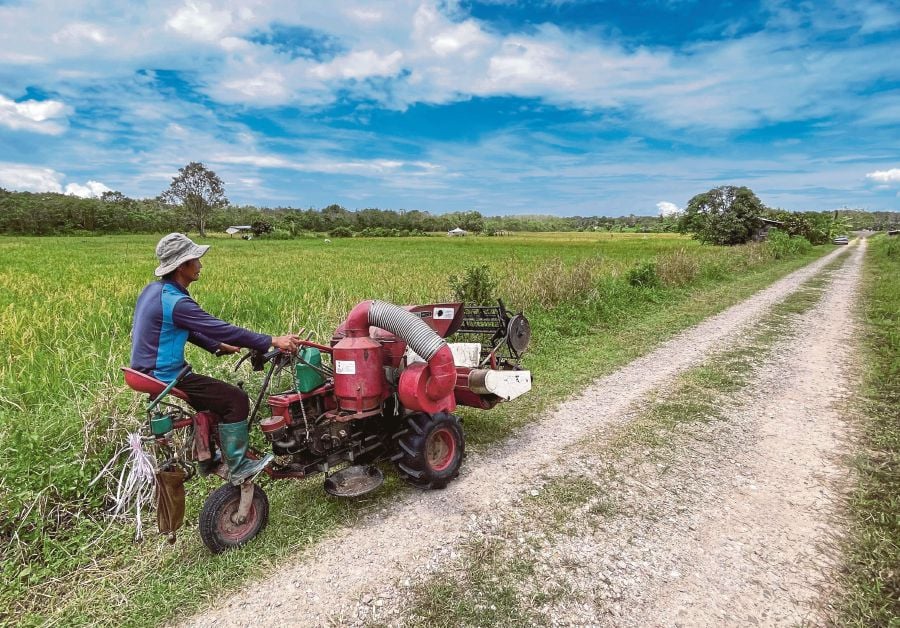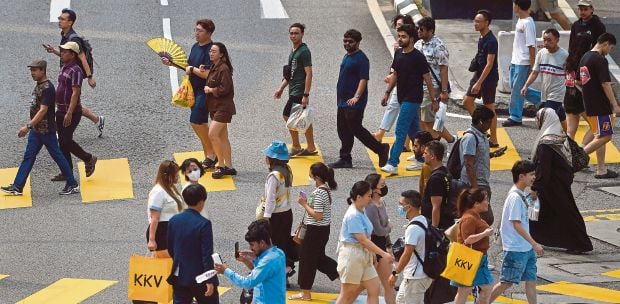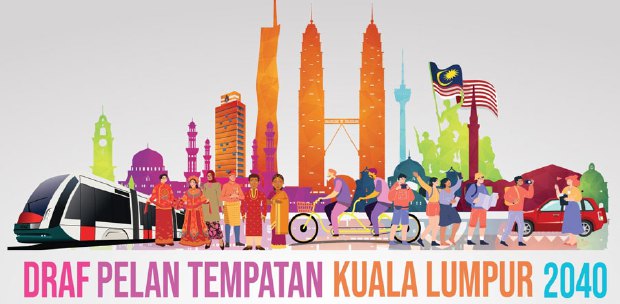KOTA KINABALU: An economist has warned the Sabah government that it needs to plan ahead as the state is most likely to be an aged region by 2040.
Sabah Universiti Teknologi Mara (UiTM) economist Dr Jain Yassin said the projection was based on the National Statistics Department statistics last year.
He said Sabah's demographic data revealed that the number of people aged 65 and above stands at 6 per cent, while the vast majority of the population (69.9 per cent) are between 15 and 64.
However, only 24.4 per cent are aged below 14, he said.
The low birth rate, said Jain, was nothing new as there are also several developed countries facing similar trends which could be influenced by such factors as the rising cost of living.
Other reason, he said, could be migration and lifestyle choices.
"By looking at these projections, most probably Sabah will become an aged region by 2040.
"Hence, it is a timely reminder for the government to undertake early preparations for that," he told the New Straits Times.
Citing other countries such as China and Japan, which both have rapidly ageing populations, Jain said both had allocated more money and resources to their healthcare systems.
"As we know, Sabah is still facing these barriers to healthcare, including high costs, lack of access to medicines and transportation to clinics. These need to be improved.
"For instance Japan has integrated its system with other forms of person-centred care, including community care, secondary and tertiary care, and long-term care services."
Jain said with the focus on addressing issues related to an ageing society, it would definitely limit the expenditure for other development agenda in Sabah.
"In terms of productivity, normally we can expect that our state will experience a smaller pool of working-age people, which means this will lead to a lack of qualified workers especially in the manufacturing and construction industry.
"So, most probably we will depend on foreign workers," he said, adding that another hurdle to productivity would be the slower and lower adoption rate of technology in Sabah.
He said although Sabah might not be ready for the projected demographic change, it was still not too late to prepare.
Among the improvements that the government could do include the effectiveness of public transportation and other facilities such as shopping malls, to cater for elderly people.
In terms of workforce, Jain said the government should ensure workers, especially those in the gig economy, have a retirement scheme.
He also suggested that there be a mechanism to enable elderly people to continue having incomes after retirement.





